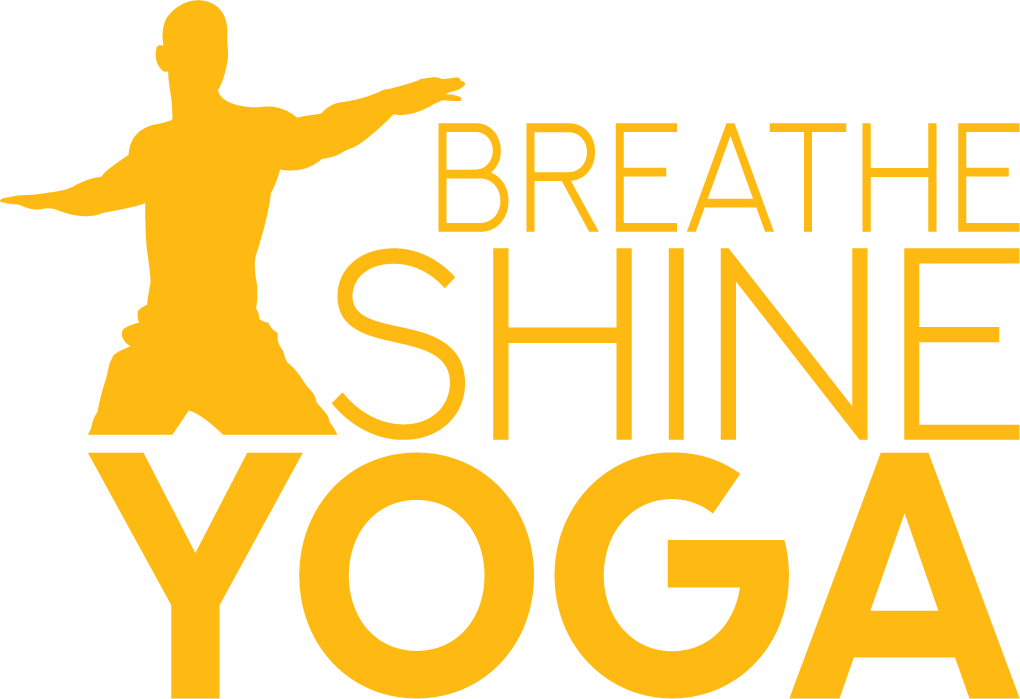
In every human being lives a compass — not perfect, but essential: our inner sense of good and bad. It is the quiet voice that guides us when external authorities become loud, confusing, or corrupt. In today’s world, this inner compass has never been more under attack.
When Sovereignty Is Handed Over
Modern society conditions us to believe that “experts” know best, doctors, scientists, governments, and corporate spokespersons. In many cases, their knowledge is indeed valuable. But the problem begins when questioning is treated as a threat, when official narratives are enforced as dogma, and when dissent is silenced rather than engaged.True science thrives on debate, experimentation, and openness. Yet what we often witness is the opposite: carefully curated “science” presented as unquestionable truth. When this happens, what is left for people to understand or to trust? Only their own instinct, and the courage to ask hard questions.
Lessons From the COVID Era
During the COVID-19 pandemic, many discovered how fragile freedom of thought had become. Lockdowns were sold as the only possible solution, despite catastrophic consequences for mental health, children’s education, and small businesses.• Alternative treatments like ivermectin and hydroxychloroquine were dismissed and demonized before serious, open scientific discussion could even occur, even though they had been previously held up as major medicinal achievements of our times (and rightly so).
• Vaccination campaigns were pushed with unprecedented pressure, while legitimate concerns about side effects were minimized or ridiculed; And believe it or not, these are still impossible conversations in many circles of supposedly educated people, capable of rational thinking (well… one would have thought).
Regardless of one’s position on these issues, the key lesson is not about the virus itself, but about how discussion was systematically suppressed. When entire populations are told “Don’t think, just comply,” the result is mass confusion, mistrust, and division.
From COVID to Gaza: Manufactured Silence
The problem extends far beyond public health. In the context of war, such as the ongoing suffering in Gaza, the same machinery of silence is at work. Media outlets, often financed by corporations or political interests, filter information so that only certain narratives reach the public.Human suffering is measured and reported selectively, depending on what aligns with the agenda of the powerful.
When voices calling for peace, justice, or truth are silenced, a deep erosion of the human soul takes place. People learn to doubt their own compassion, to distrust their own perception of right and wrong.
Public Service and Corporate Culture: Tools of Control
Both public institutions and corporate culture contribute to this erosion:• Education Systems – Teachers often find themselves forced to follow rigid curricula, where questioning the system itself is discouraged. Instead of cultivating independent thinkers, schools too often produce obedient test-takers. Those who challenge authority risk professional isolation.
• Mainstream Media – Journalists who attempt to question official narratives frequently face censorship, career stagnation, or loss of employment. Media organizations rely heavily on corporate advertising or government subsidies, creating financial incentives to keep the public distracted, silent, and compliant.
The result is not only a controlled population but also individuals who slowly lose touch with their inner compass. A culture of obedience replaces a culture of conscience.
Reclaiming the Human Soul
Silence in the face of lies is complicity. The challenge of our time is to keep our humanity alive; not by outsourcing our judgment to institutions that have betrayed our trust, but by daring to think, feel, and act in alignment with the deeper sense of good and bad that exists within us all.Sharing practices and information that help people live more connected to their aspirations and take inspired action…

